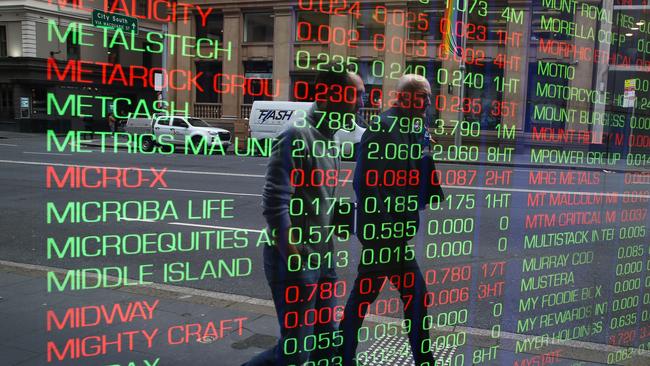ASX 200 falls for second day before US CPI data, interest rate decision
ASX 200 down for a second day before US inflation data and the Fed's interest rate decision. Upgrade boosts Woodside. Nickel Industries dives. SkyCity Adelaide licence probe resumes. China inflation data mixed.

That's all for Welcome to the Trading Day blog for Wednesday, June 12. The ASX 200 index closed down 0.5 per cent to 7715.5 points, with all sectors lower except energy. US stocks were mixed before CPI data and the Fed meeting.
The Aussie dollar is trading around US66.15c.
More Coverage
Join the conversation




To join the conversation, please log in. Don't have an account? Register
Join the conversation, you are commenting as Logout